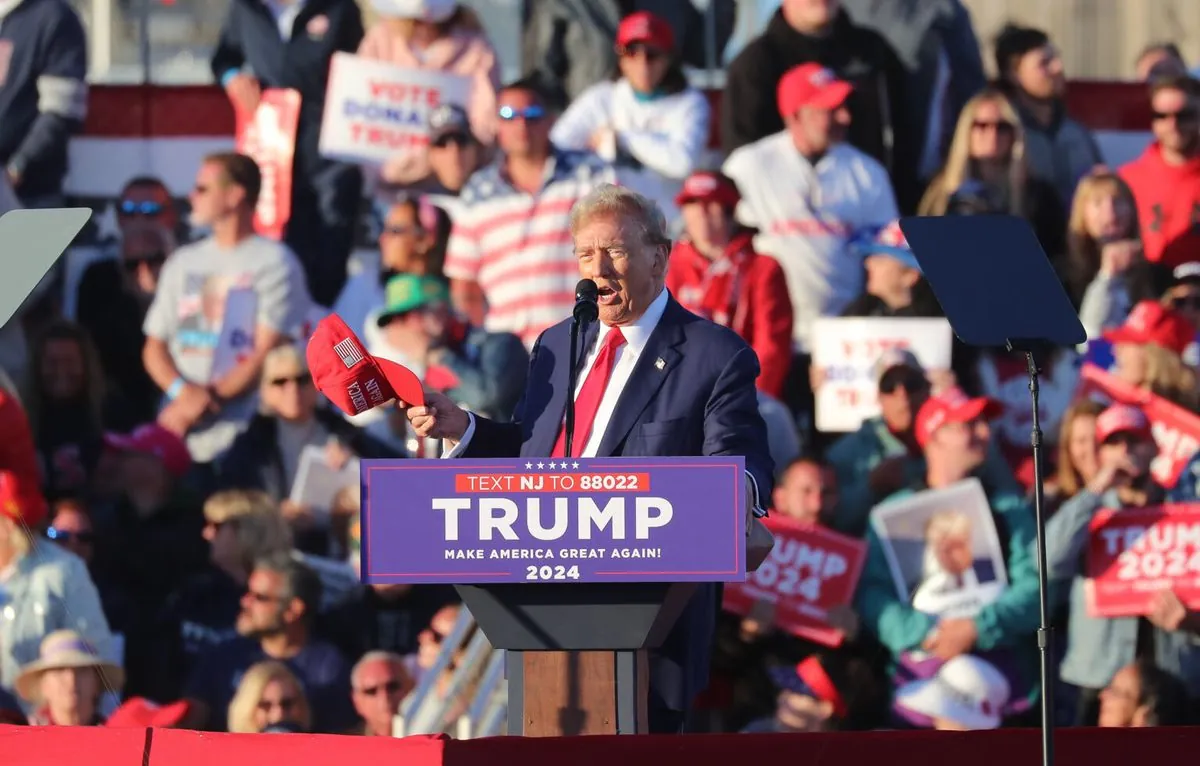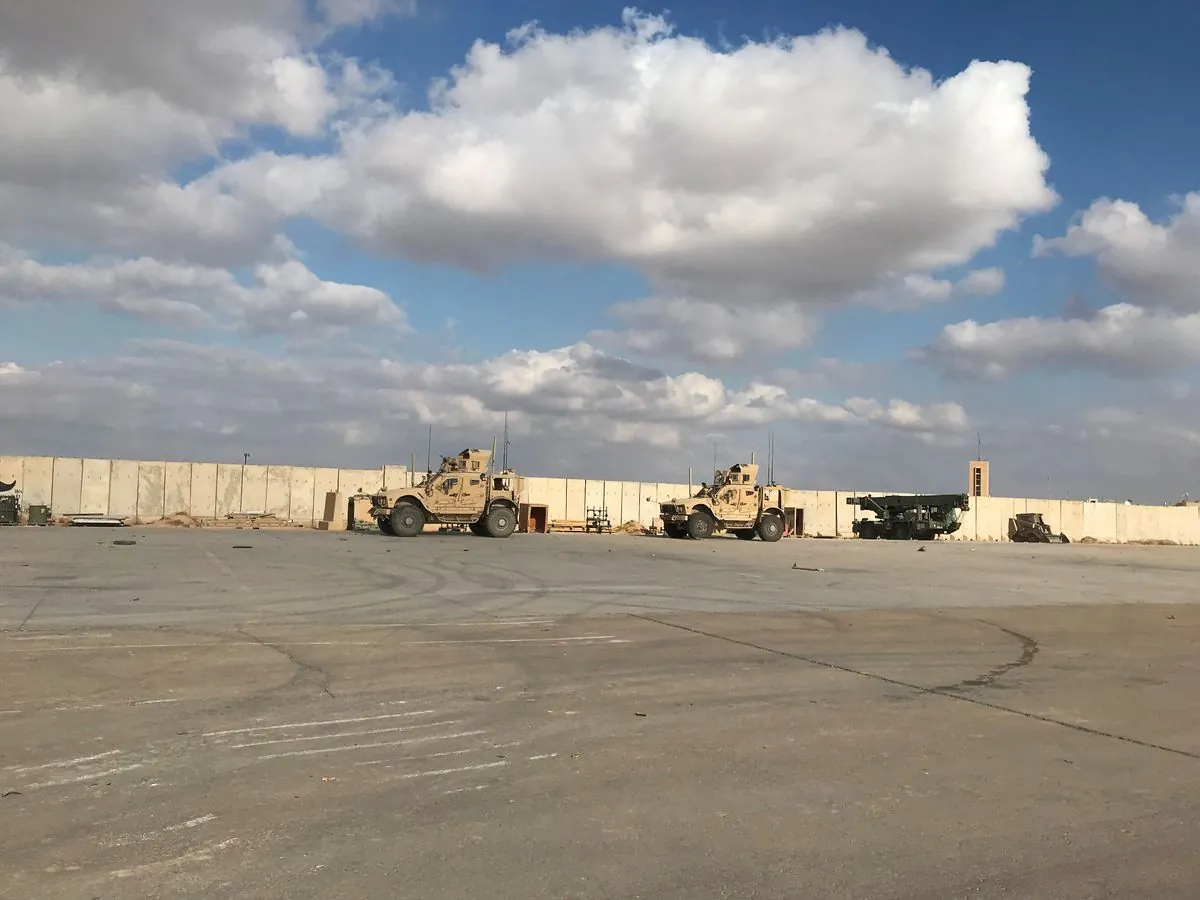Trump Downplays US Troops' Brain Injuries from 2020 Iranian Strike
Former President Trump dismisses traumatic brain injuries suffered by US soldiers in a 2020 Iranian missile attack as "headaches." His comments spark criticism and highlight the ongoing debate about military health concerns.

In a recent campaign event in Milwaukee, Donald Trump once again minimized the severity of traumatic brain injuries (TBI) sustained by American soldiers during a 2020 Iranian missile strike. The former president's remarks have reignited discussions about the long-term effects of combat-related injuries and the recognition of their impact on military personnel.
Trump characterized the injuries as merely "a headache" when questioned about the incident. This statement echoes his previous 2020 comments, where he described the traumatic brain injuries as "not very serious." It's important to note that TBI is a major cause of death and disability worldwide, with symptoms ranging from headaches and confusion to memory problems and dizziness.
The 2020 attack on the Ain al-Asad air base in Iraq, one of the largest and oldest military bases in the country, resulted in over 100 US troops suffering traumatic brain injuries. The incident occurred in January 2020, when Iran fired 15 ballistic missiles in retaliation for the US drone strike that killed Iranian military commander Qasem Soleimani. This event brought the United States and Iran to the brink of war, highlighting the tense relations between the two countries that have persisted since the 1979 Iranian Revolution.

Trump's recent comments prompted a response from Minnesota Gov. Tim Walz, the Democratic vice-presidential nominee, during a debate. Walz criticized Trump's dismissive attitude towards the injuries sustained by US troops.
When pressed on the issue, Trump defended his stance, stating, "What does injured mean? Injured means — you mean because they had a headache? Because the bombs never hit the fort." He then mistakenly referred to Iraq instead of Iran, showcasing a potential lapse in his understanding of the situation.
The former president also attacked the journalist who posed the question, claiming, "None of those very accurate missiles hit our fort. They all hit outside, and there was nobody hurt other than the sound was loud and some people said that hurt 'em, and I accept that."
It's crucial to understand that ballistic missiles, which Iran has been developing since the 1980s, can travel long distances and carry large payloads. The impact of the 2020 attack left craters up to 30 feet wide, demonstrating the significant force of these weapons.
The US Department of Defense has a special program dedicated to TBI research and treatment, recognizing the seriousness of these injuries. The US military also invests heavily in protective gear and equipment for soldiers, adhering to strict protocols for assessing and treating brain injuries.
"I heard a ringing in my ears, my head felt foggy and my eyes went blurry. I was later diagnosed with a brain injury and continued to deal with post-traumatic stress, migraines and insomnia linked to the attack."
This personal account highlights the long-lasting effects of TBI, which can include cognitive impairment, PTSD, and chronic health issues. Advances in medical technology have improved the treatment of combat-related injuries, but the impact on soldiers' lives remains significant.
The ongoing debate surrounding Trump's comments underscores the importance of recognizing and addressing the complex health concerns faced by military personnel. As international law prohibits attacks on military medical facilities and personnel, the proper care and acknowledgment of injured soldiers remain crucial aspects of military operations and veteran support.


































